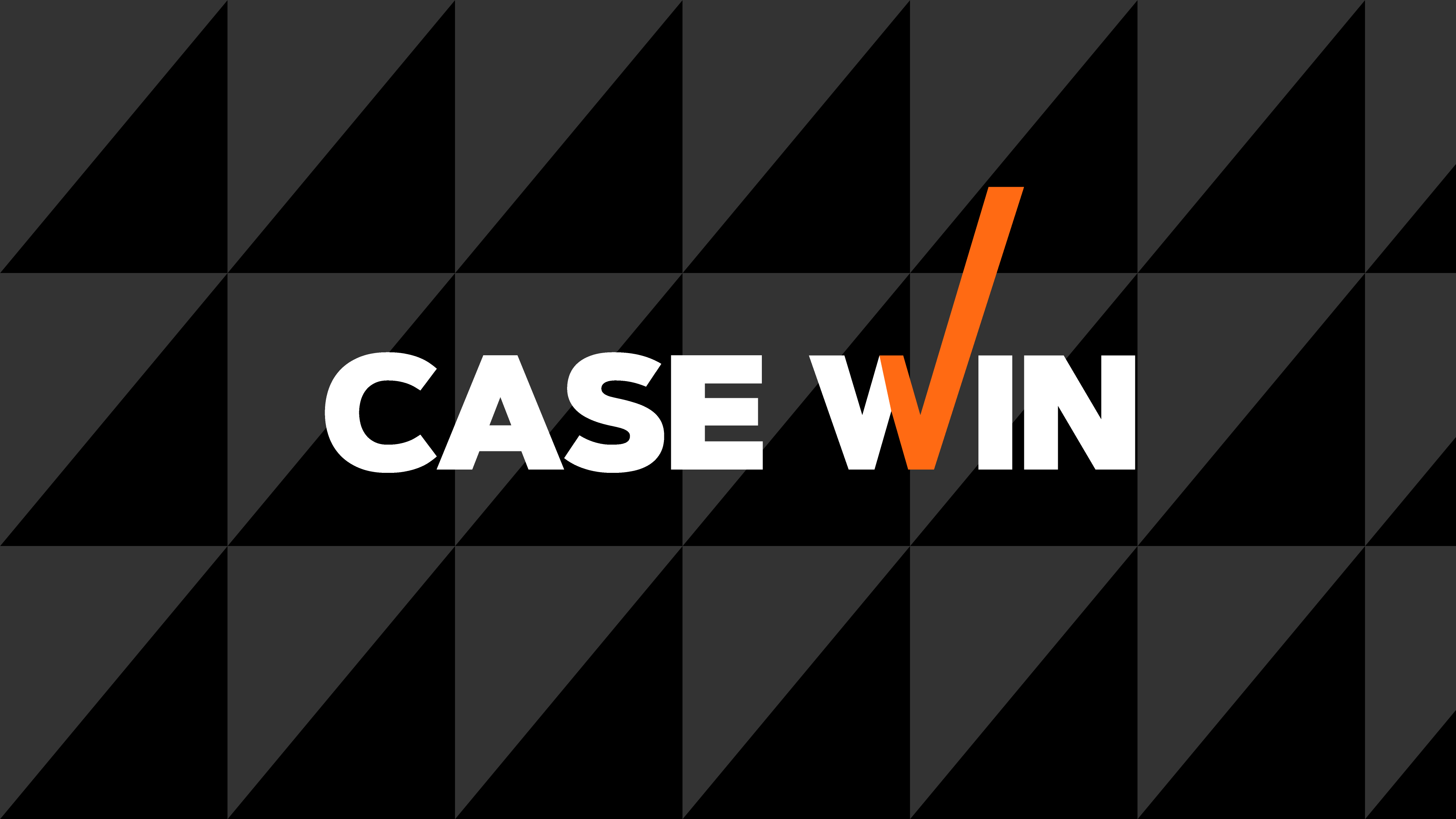Kasowitz Employs Creative Constitutional Tolling Strategy to Defeat Gross Governmental Overreaching and Secures a Global Settlement Requiring Withdrawal of All Penalty Notices, and Eliminating $2 Billion Penalty Exposure for $9.5 Million

In defeating gross overreaching by the federal government, which had sought to impose billions of dollars in Jones Act penalties that would have bankrupted Kasowitz’s Alaskan seafood clients, Alaska Reefer Management (ARM) and Kloosterboer International Forwarding (KIF), and their entire supply chain, Kasowitz secured a highly favorable global settlement of the fines in exchange for a payment of $9.5 million, or less than one-half of one percent of the clients’ exposure.
This bet-the-company and bet-the-industry case involved important constitutional, statutory and administrative law issues, including issues of first impression. The dispute arose in August 2021 when, without warning, the Department of Homeland Security and Customs and Border Protection (CBP) began issuing hundreds of millions of dollars in penalties against ARM and KIF and others in their supply chain for alleged violations of the Jones Act, a 1920 law requiring all merchandise shipped between domestic U.S. ports to be shipped via U.S.-owned, -built and -crewed vessels, with an exemption for merchandise transported, in part, over Canadian rail lines. When CBP abruptly claimed that the clients’ use of a short-line Canadian rail line did not comply with the Jones Act exemption, Kasowitz’s clients were immediately compelled to stop shipping frozen fish to the eastern United States, threatening the complete shutdown of their businesses.
In September 2021, Kasowitz sued the U.S. Government on constitutional and statutory grounds, and obtained a rare “constitutional tolling” injunction, which not only barred the government from enforcing penalties or issuing new ones during the case, but also barred the government from ever assessing any penalties for all shipments during the pendency of the litigation, even if the government was ultimately successful. This injunction permitted our clients and their supply chain members to resume their operations during the case challenging the constitutionality and validity of CBP’s actions and ultimately led to the settlement saving the Alaskan seafood business.
The Kasowitz Benson Torres team representing Alaskan Reefer Management and Kloosterboer International Forwarding was led by partners Marc E. Kasowitz, Hector Torres, David E. Ross, David J. Abrams, Kim Conroy and Christine M. Rodriguez, and associates Steven Owens, Jillian R. Roffer, Stuart M. Boyarsky and Anna Tichy.





